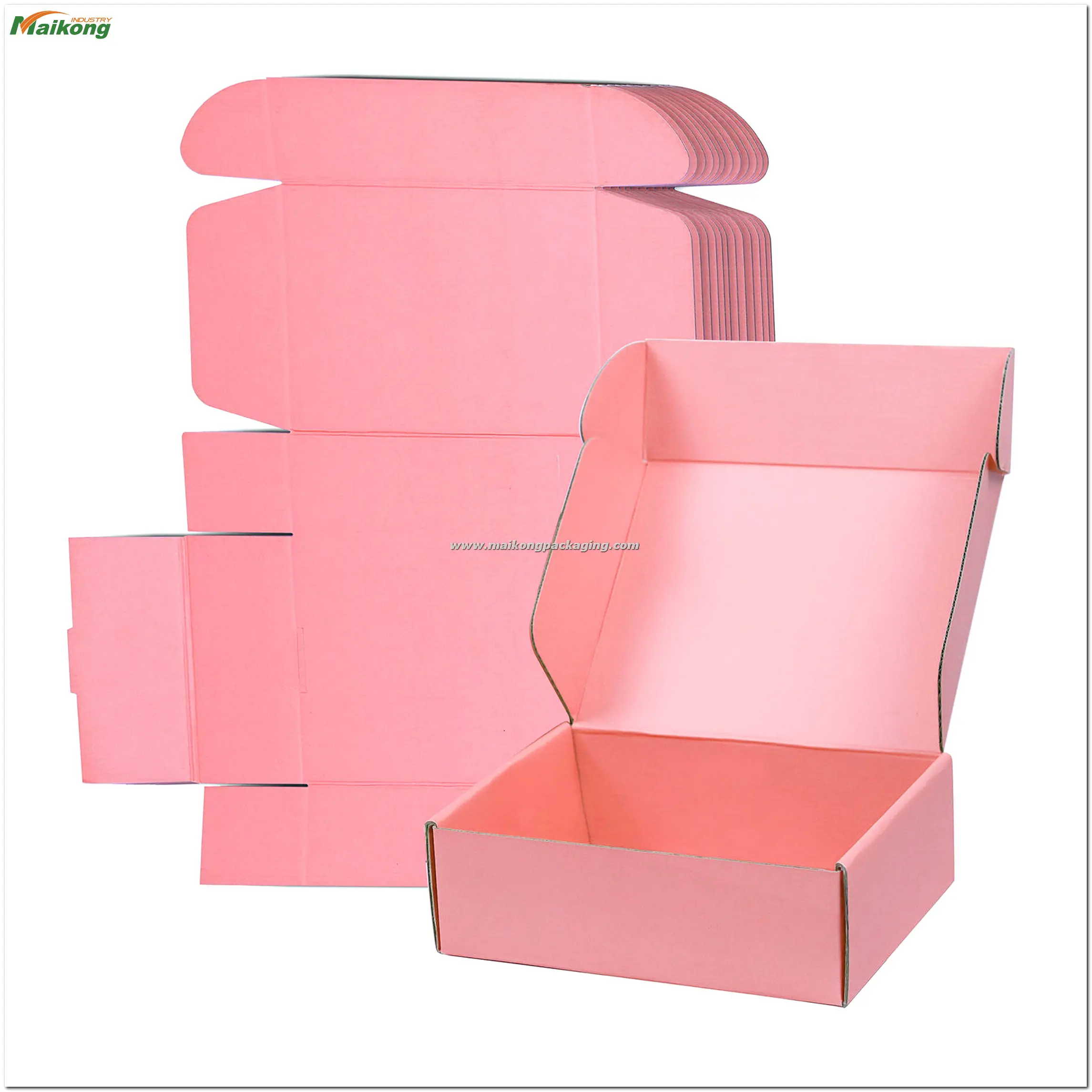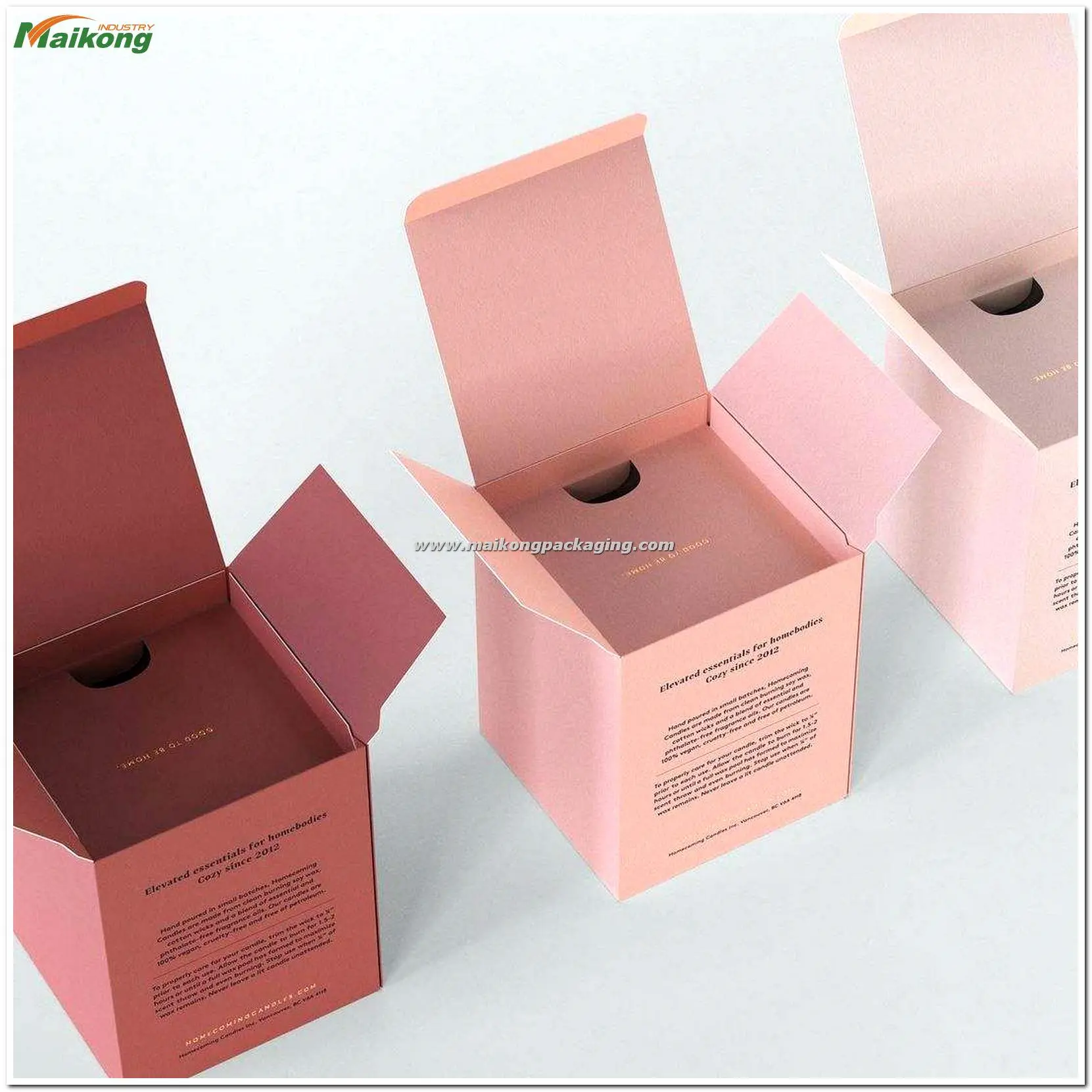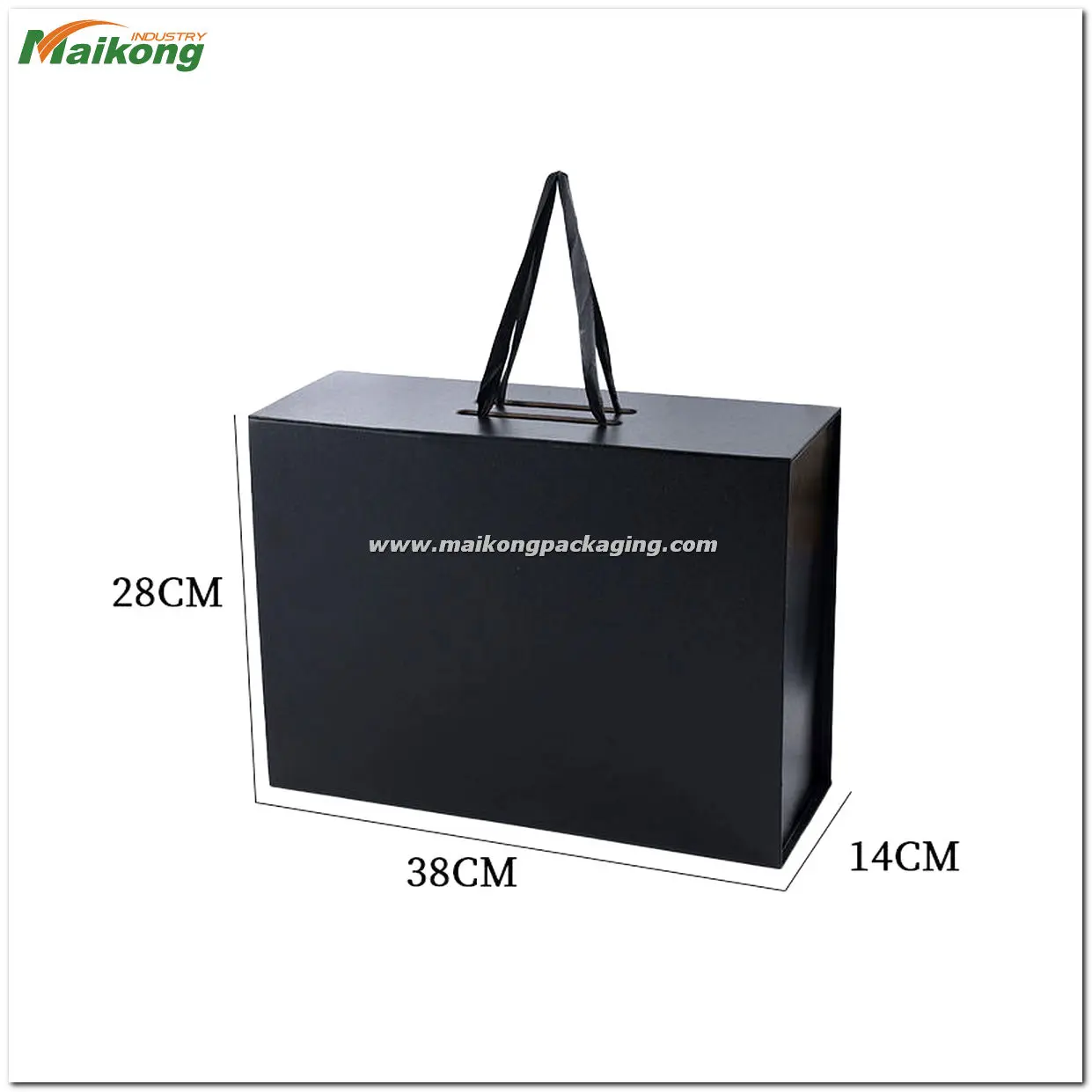Categories
- Events & Exhibitions (35)
- BLOG (186)
- FAQ (34)




food packaging and labeling is crucial. As a leading expert in the packaging industry, maikong is committed to providing insightful and up-to-date information. This article delves into the specifics of government agencies responsible for regulating labeling on packaged foods, a topic of interest to many of our global clients, including those in the United States, Japan, Germany, France, the UK, Italy, Canada, Russia, China, Argentina, Australia, Brazil, India, Indonesia, Mexico, Saudi Arabia, South Africa, South Korea, Turkey, and others.
In the United States, the primary agencies overseeing food labeling are the Food and Drug Administration (FDA) and the United States Department of Agriculture (USDA). The FDA governs most packaged foods, enforcing regulations that ensure labels are truthful and provide essential dietary information. The USDA, meanwhile, oversees meats, poultry, and certain egg products, ensuring labels meet strict standards for accuracy and health claims.
In the European Union, the European Food Safety Authority (EFSA) plays a critical role. They provide independent scientific advice and communicate on existing and emerging risks associated with the food chain. Their guidelines are essential for maikong clients operating in or exporting to European countries.
In the Asia-Pacific region, each country has its own regulatory body, such as the Food Safety and Standards Authority of India (FSSAI) and China’s State Administration for Market Regulation (SAMR). These agencies ensure food products meet national safety standards and labeling requirements.
Labeling regulations commonly require that packaged foods display nutritional information and a list of ingredients. This includes specific details about additives, allergens, and other critical food components.
Further, the country of origin and manufacturing dates are often mandatory on labels, providing consumers with information about the food’s source and freshness.
Organic and non-GMO labels are increasingly sought after by consumers. Regulatory agencies have stringent guidelines for products to qualify for these labels, ensuring authenticity and trustworthiness.
Health claims on food labels are closely regulated. Products claiming to have health benefits must comply with specific requirements set by regulatory bodies to avoid misleading consumers.
maikong is dedicated to ensuring that our packaging solutions meet the highest standards of compliance. We closely monitor regulatory changes and advise our clients accordingly, ensuring their products meet global and regional standards.
When it comes to packaging, several key parameters and accessories are essential. Here are tables outlining common specifications for packaging and accessories:
Packaging Parameters
| Parameter | Description |
|---|---|
| Material Type | Type of material used |
| Dimensions | Length, width, height |
| Capacity | Volume capacity |
| Print Quality | Resolution and color fidelity |
| Durability | Resistance to wear and tear |
Packaging Accessories
| Accessory | Function |
|---|---|
| Labels | Provide product information |
| Seals | Ensure product integrity |
| Handles | Facilitate transportation |
| Tamper-Evident Features | Indicate if the package has been opened |
For customized packaging solutions, reach out to us at maikongpackaging@hotmail.com.
How is medical marijuana packaged?
Maikong Custom Packaging Boxes for Clothes – Premium, Durable, and Eco-Friendly Solutions
In summary, understanding the intricacies of food packaging and labeling regulations is essential for any business operating in the global market. With regulatory bodies like the FDA, USDA, EFSA, and others setting standards, it’s imperative for companies to stay informed and compliant.
For top-tier custom packaging and labeling solutions, please contact maikong at maikongpackaging@hotmail.com. We are dedicated to providing expert guidance and high-quality packaging solutions to our global clientele.